Researchers use efficient microbial electrosynthesis cells to convert CO2 to butyric acid; upgrade to butanol
Green Car Congress
AUGUST 21, 2023
Researchers from University of Girona (Spain) successfully used electrically efficient microbial electrosynthesis cells (MES) to convert CO 2 to butyric acid. mΩ m 2 ) cells in a batch-fed mode, alternating high CO 2 and hydrogen (H 2 ) availability to promote the production of acetic acid and ethanol. Romans-Casas et al.

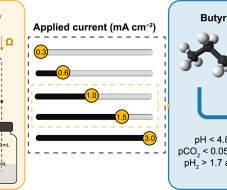
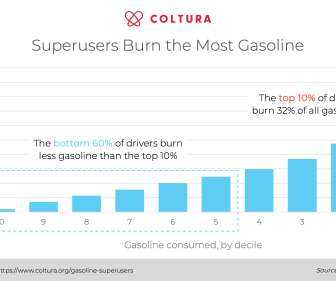
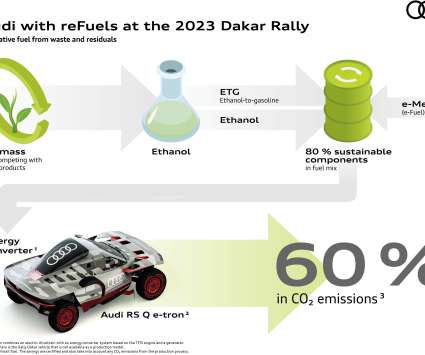




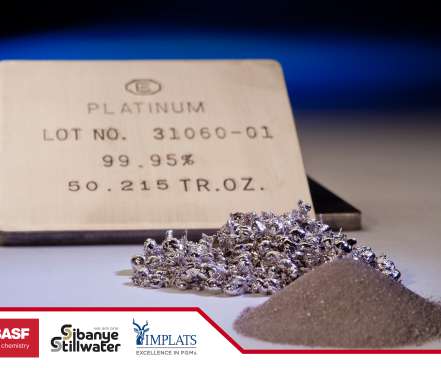





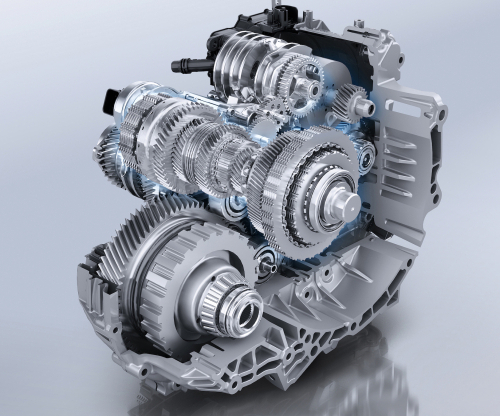










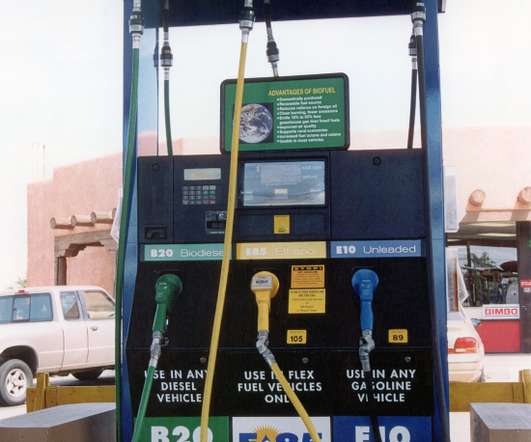

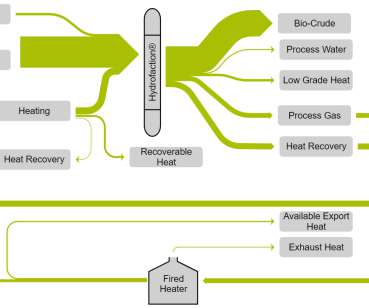




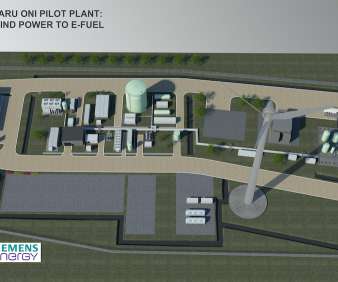










Let's personalize your content